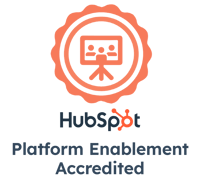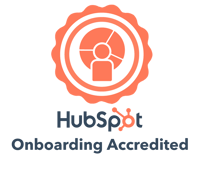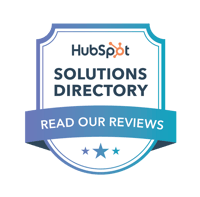Cut to the Chase With Minneapolis PPC Advertising Services
Meet your ideal customers where they are online, with the right action they can’t resist. Successful online ads cut through the noise to deliver direct offers where, when, and how it matters most. It’s easy to spend money on ads - it’s a lot harder to master the skills necessary to make sure you’re not wasting your time and money. But when you do, magic happens.
What is PPC Advertising?
Pay-per-click, or PPC, is the most common type of online advertising.
Like the name implies, you pay per click on your ad. This is a seemingly simple concept, but one that’s drastically different from the print world of advertising.
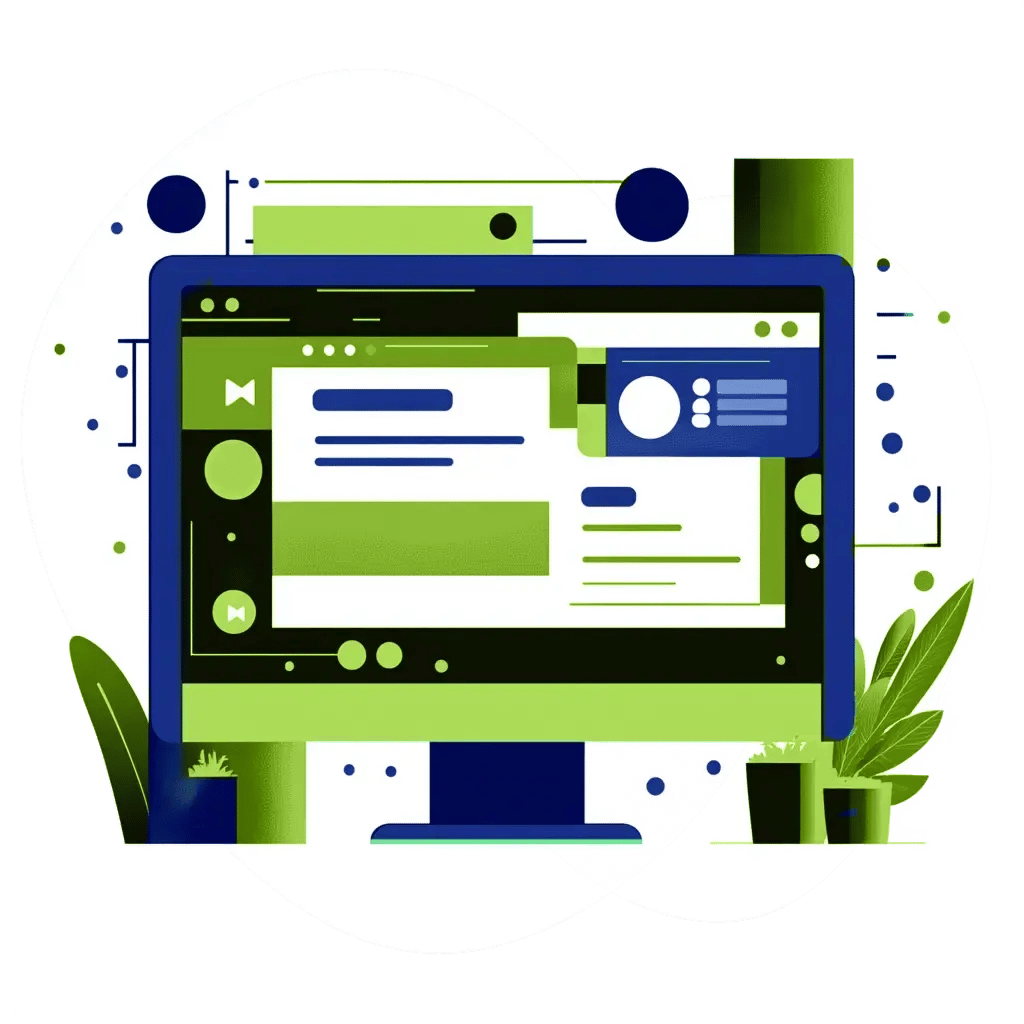
PPC Key Terms
Cost-per-click (CPC)
The specific $ amount that you pay for each click on your ad. Generally speaking, the higher the cost the more people your ads are likely to display for. However, other factors like competitiveness, search volume, and quality score factor into your CPC.
Maximum Bid
When determining your CPC, you’re usually given a range to spend. Your maximum bid is the highest you’re willing to spend for CPC.
Clickthrough Rate (CTR)
The number of clicks your ad receives divided by the number of times your ad is shown.
Quality Score
The internal score the advertising platform gives you to your ad. It’s generally based on your CTR, the average CTR of similar ads, the relevance of your ad, and your past ad performance.
Campaign
An ad campaign is a broader umbrella under which you group your ads. This is usually tied into a larger marketing campaign. An example might be a campaign for promoting a specific product, service, or sale.
Ad Group
When creating online ads, you’ll create several variations of the same ad. You can then use this to determine the specific language, imagery, and/or video combinations that drive the highest CTR.
Conversion Rate
A conversion is someone taking the desired end action for your ad - this could be filling out a form, booking an appointment, buying a product, etc. Your conversion rate is the number of conversions divided by the CTR.
Benefits of PPC
Faster Results
Arguably the most important benefit of PPC is that it begins generating results almost immediately. Other forms of online marketing - like SEO, email marketing, inbound, or blogging - take time to plan, build, and execute. However, online ads start performing as soon as they’re turned on. This makes it a much, much faster tactic.
More Visibility
The other benefit of slower marketing strategies is that you’re aiming for fewer leads overall, but more qualified leads. With online ads, your content and website start showing up to more and more people. This can mean that you have more results to sift through to find a good lead, however that can also be a huge benefit. More eyes on your brand increase your overall brand awareness, and online ads always increase the number of overall visitors to your website.
Measurable
Another huge benefit of PPC is that it offers clear, measurable results and ROI - far more than other digital marketing avenues. You can chart exactly how much revenue you generate from online ads and tie it to specific leads. If you track your CPC, CTR, and closed deals, then you can even calculate how much on average you’ll need to spend on CPC to generate a closed deal.
Download Now:
Google Ads Checklist
Ready to build a high-converting Google Ad campaign? Use our checklist to make sure you have everything ready to go.
Difference Between PPC & SEO
Sometimes, the terms SEO and PPC are mentioned together. While similar, they are different. SEO (search engine optimization) is a strategy for organically getting your content to show up in search engine results for industry-related keywords. You do not pay for SEO. Ads bypass the complex algorithm system to show in specific places or at specific intervals.
When searching on Google, there’s a clear distinction between the online ads (PPC) and the rest of the search results (Organic SEO). You can see this in action:
The first search results are all ads and are marked with a clear “Ad” at the start of the text. The organic search results, seen below that section, are not marked as ads.
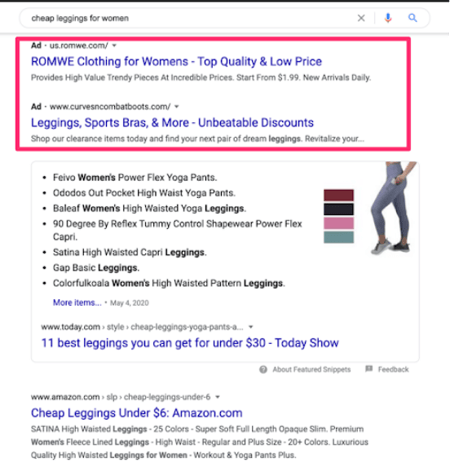
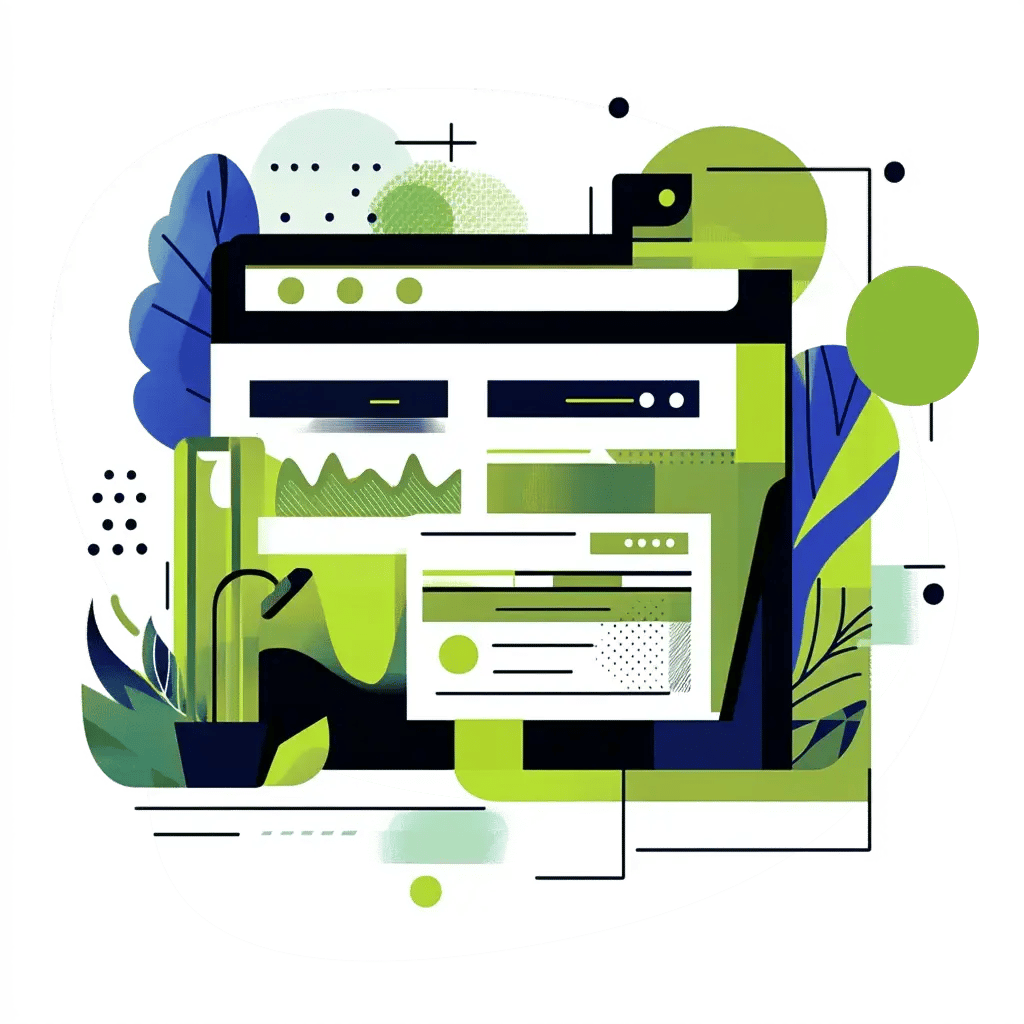
Types of PPC Ads
PPC is an all-encompassing term for a large variety of specific ads. When building your campaigns, you have several choices to choose from.
Video Ads
Video ads are exactly what they sound like - advertisements in video format. They can range from a few seconds on TikTok to over 10 minutes on YouTube. Video ads typically play before, after, or in the middle of a video.
Display Ads
Display ads are likely what you picture in your head when you hear “online ad.” These types of ads generally have some kind of graphical element, vs being text only. The primary example would be banner ads, which appear on websites and social media.
Paid Search
Paid search ads are any ads that appear on a search engine results page (SERP). By far the most popular paid search ads are Google Adwords. However, you can also run search ads on any platform. These are almost always only text.
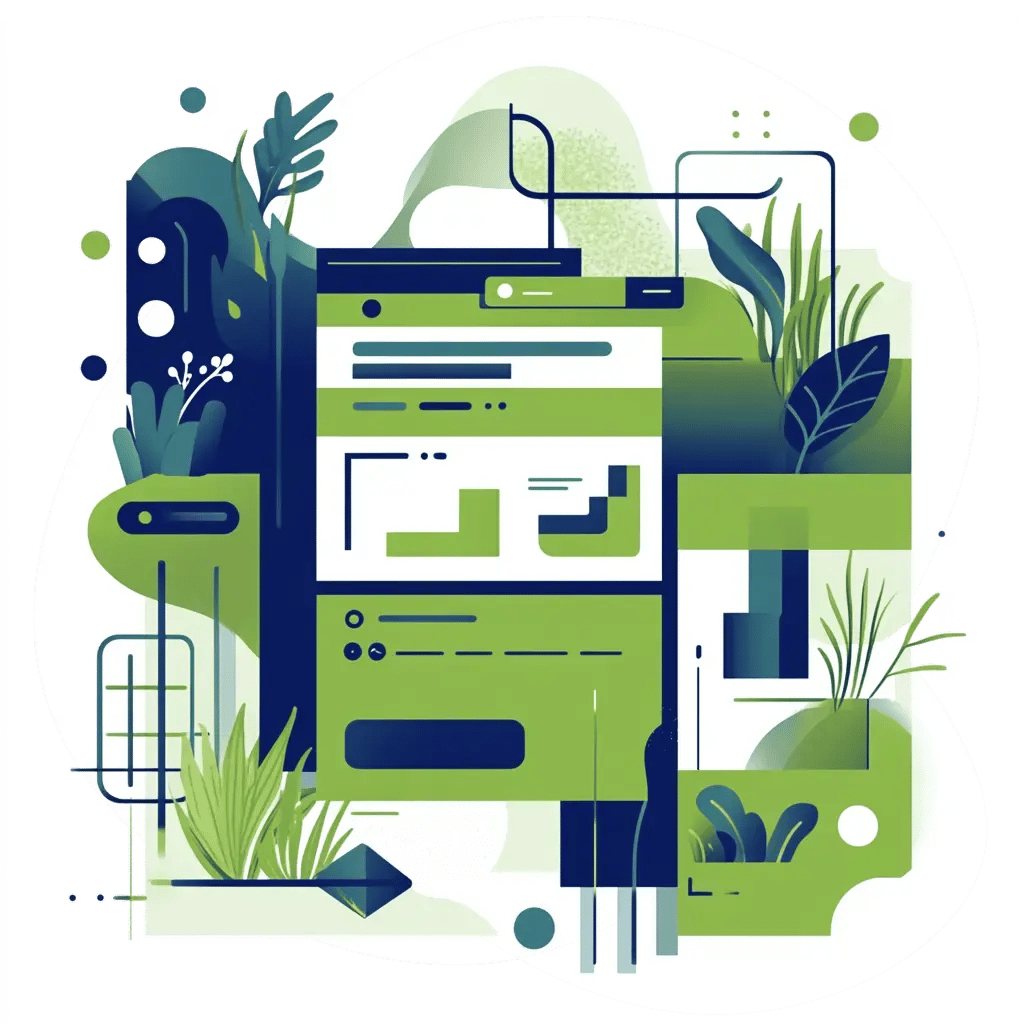
Remarketing Ads
Remarketing ads are a type of ad that are based on a user’s action of visiting your website but not taking an action. If they have their cookies enabled, they’ll begin seeing your ads on other websites they visit. This can be a highly effective way to keep targeting potential customers until they’re ready to make a purchase.
Google Shopping
Google shopping ads are a specific subset of paid search ads. These ads use Google’s powerful shopping platform to list products, which are displayed when consumers search for that product type online. Unlike organic listings, they pull in imagery to attract more attention and clicks.
Social Media Ads
Social media ads are any advertisement that’s housed on a specific social media network. Facebook and Instagram remain the top social media ad platforms. Typically, ads will show up in a user’s feed like a post, although on some networks ads may display as banners on the side of the page or over video content.
PPC Platforms
Choosing your ad platform is just as important as creating the ad. You want to consider your audience and where they spend their time online.
Google Ads
Google Ads is the most popular PPC platform, and where PPC ads originated. Google Ads offers a breadth of ad options. It includes paid search ads which show up on the SERP. It also includes display ads for any website in the Google Display Network - which is a vast majority of websites that have display ad spots. It includes local search, which are the listings that appear when you search for phrases like “florists near me.” Since Google owns YouTube, it also covers video ads as well. Really, you can run just about any ad type through Google except for social media ads.
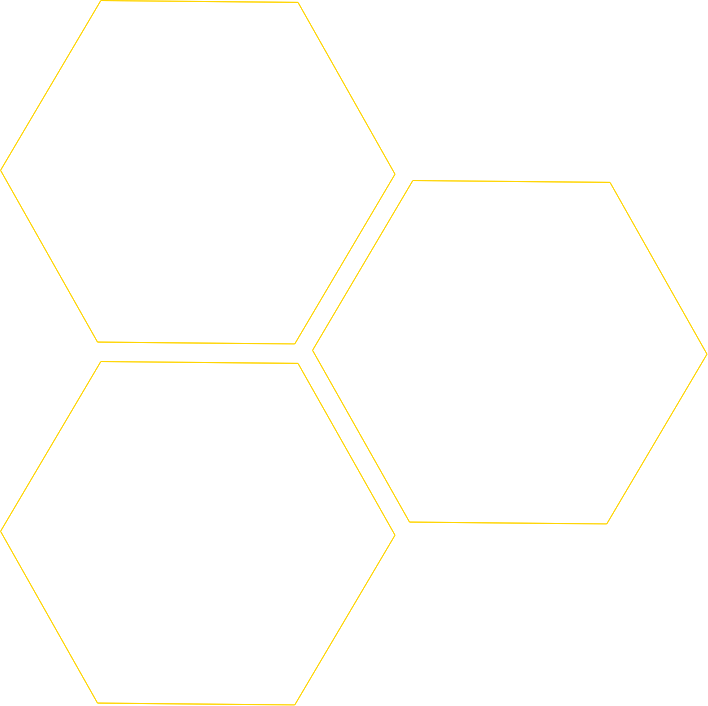
Download Now:
The Ultimate Google Ads
Campaign Kit
This FREE guide covers everything you need to know about Google Ads - from creation to completion.
Facebook Ads
Meta offers a robust PPC platform for both Facebook and Instagram. On both, you have access to several different ad types. There are standard image and video ads, which are the most common ad type you’re likely to see. Facebook also has its own unique ad type in Carousel Ads - these ads show up to 10 images, each with their own link. Finally there are Instant Experience and Collection Ads, which usually run together. Instant Experience Ads are designed for mobile exclusively - these are ads that open a fullscreen experience once a user taps on your ad. Collection Ads are similar to Carousel Ads in that there are several images users can scroll through, but once they tap one it opens a unique Instant Experience Ad for that image.
YouTube Ads
While YouTube Ads are a part of the Google Ads platform, they’re also worth mentioning on their own. You can roll your YouTube Ads into a larger Google Ad strategy, but you can also only use YouTube. Like Google Ads, you also have several options to choose from:
- Skippable in-stream ads - These are videos that play before, during, or after a video that the viewer has the option to skip at 5 seconds in.
- Non-skippable in-stream ads - These are videos that play before, during, or after a video that the viewer cannot skip.
- In-feed video ads - Video Ads that appear in search results on YouTube, in recommendations next to a video, or on the mobile homepage.
- Bumper ads - These are 6-second or less videos that play before, during, or after a video that the viewer cannot skip.
- Outstream ads - Videos that are powered by the Google Display Network to appear on other websites.
Other PPC Platforms
The above are the most popular PPC platforms, but they’re by no means the only options available. You might consider any of the following if they’re highly relevant to your target audience:
PPC Management Services
Just because you build it, doesn’t mean they’ll come. The difficulty with PPC ads is that they require constant monitoring and management to be successful. Trends change constantly, and so does the cost per click. If you’re not monitoring your ads frequently, then you may be running through your budget quickly without getting leads, spending your budget in places that are no longer relevant, and overall wasting your money.
This process of constantly monitoring, retiring, updating, and creating new ads is PPC Management. It’s also something that most companies don’t have the capacity to do themselves.
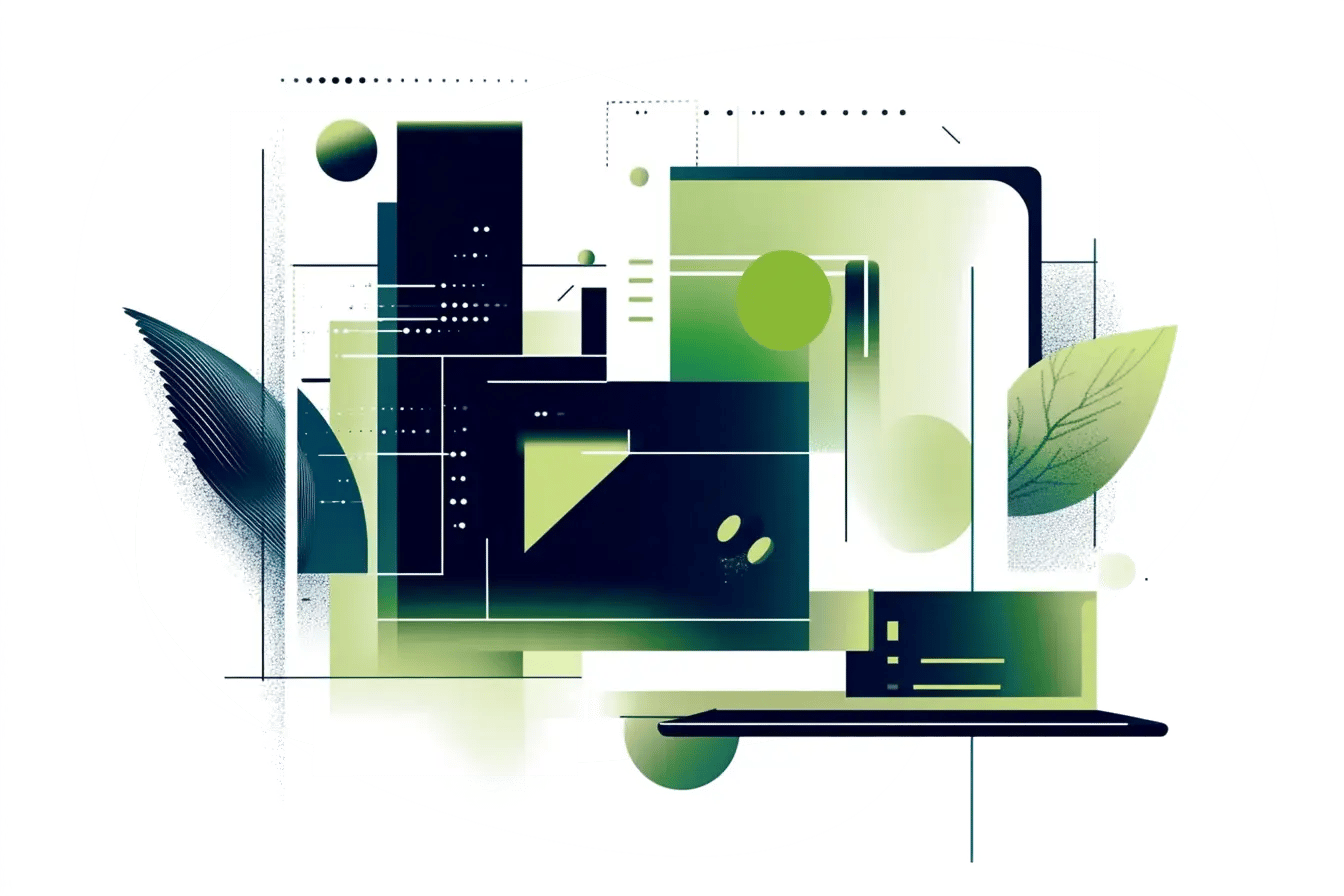
Why Work With a PPC Agency?
PPC is a complex art. Yes, most of these platforms are easy to use so anyone can get started with ads. That doesn’t necessarily mean it’s going to walk you through how to create a good ad, where exactly to place it, and regular monitoring. Creating ads themselves are a lot of work - they involve copywriting at a minimum, but typically also require graphic design or video production. And again, you need someone who knows their stuff to constantly monitor the ads. This entire process is a full-time job itself - and depending on the size of the company, it can even take an entire team of people.
All of the above is why most businesses choose to work with a PPC agency - these are marketing agencies that have experience running PPC campaigns. You’ll get access to someone who is already an expert at PPC, so they can give you the best suggestions for building your ads and/or build them entirely on your behalf. They then will manage them for you. If you want to get the best results from your ads, this is the way to go.
PPC and HubSpot
HubSpot is a suite of software tools for marketing, contact management, sales and web design. Which also makes it a highly effective tool for PPC campaigns. You can seamlessly run Google, LinkedIn, and Facebook Ad campaigns right from within HubSpot and connect them to your other web and marketing efforts, so you can get clear visibility and superior tracking.
With HubSpot, we’re Platinum Tier Partners, which puts us in the top 1% of partners worldwide.
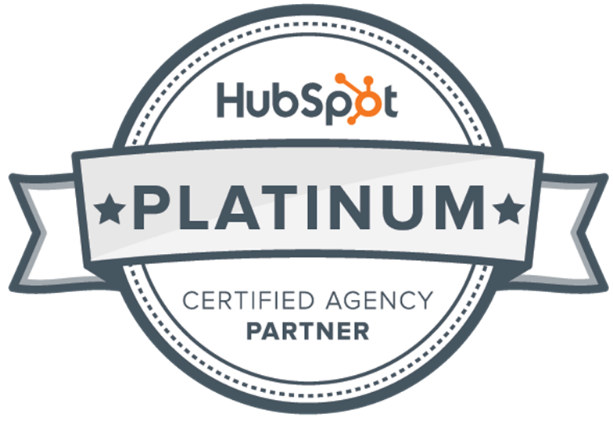
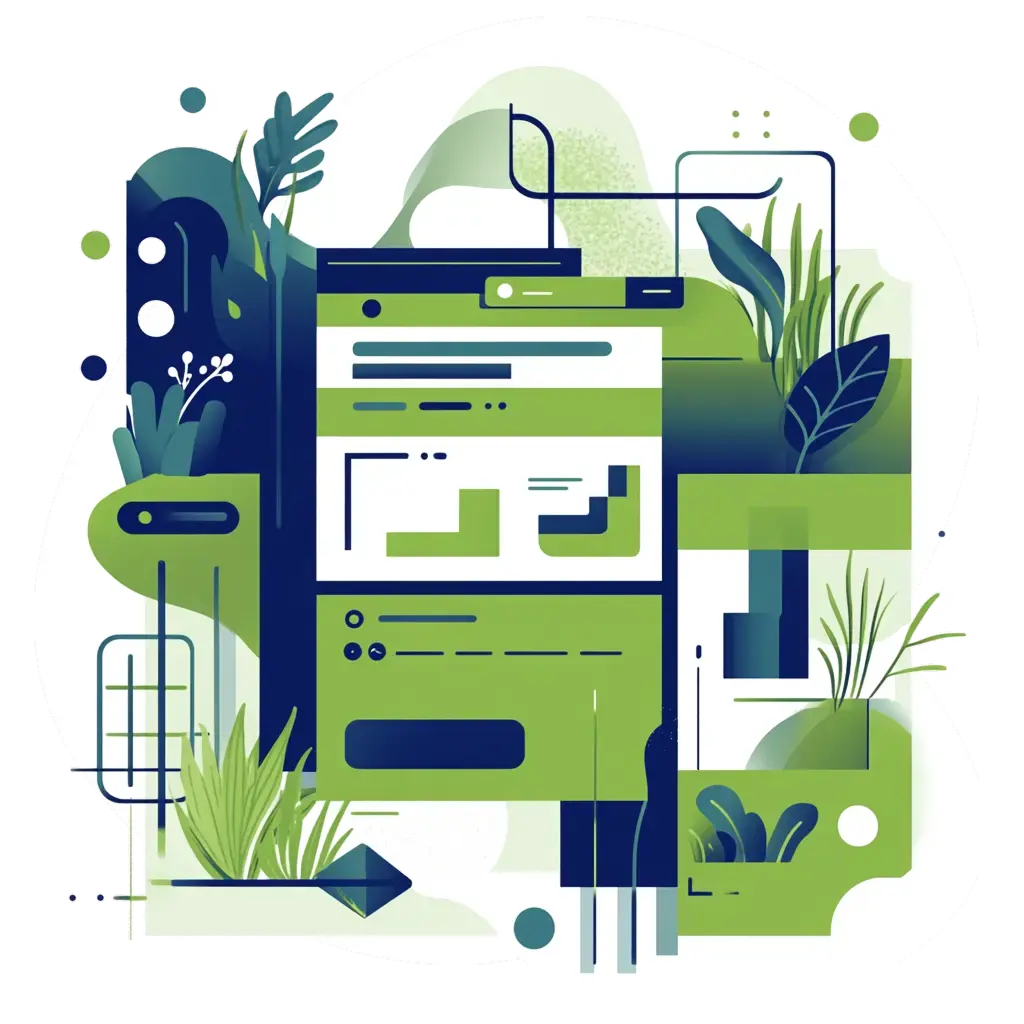
BizzyWeb, Your Minneapolis PPC Agency
BizzyWeb is a full-service Digital Marketing, Inbound Marketing and Growth-Driven Web Design agency, based in Minneapolis. We offer PPC services as part of our Digital Marketing and Inbound Marketing programs for supercharging growth. Our experienced team of PPC experts handles all elements of PPC marketing: from ad creation, ad placement, and ad management.

